
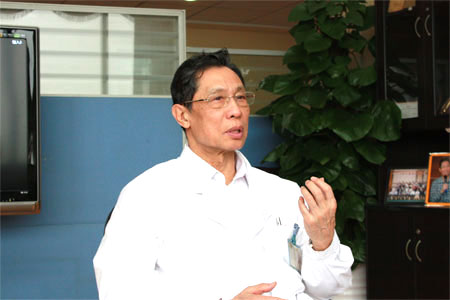 |
| An undated file photo of medical scientist Zhong Nanshan being interviewed. (Photo: zgfznews.com) |
A renowned scientist has said that the smog that has been shrouding central and eastern China is more harmful to people than the fatal severe acute respiratory syndrome (SARS) 10 years ago, saying no one can escape from air pollution.
Zhong Nanshan from the Chinese Academy of Engineering made this comment when interviewed by the China Central Television news channel on Wednesday.
Zhong is credited with helping to identify and then stem the 2003 outbreak of pneumonia-like SARS that killed 349 people on the Chinese mainland.
In the interview, Zhong described smog as the major cause of respiratory diseases. "The number of pneumonia cases in Beijing has increased by 60 percent in the past ten years. That's astonishing," said Zhong.
He quoted a study by a Hong Kong medical expert, where fatal rate of respiratory patients will increase to 11 percent if PM 2.5 (particle that is less than 2.5 micrometer in diameter) increases to 200 micrograms from 25 micrograms.
Zhong said smog will also affect the cardiovascular, cerebrovascular and nervous systems.
He also spoke positively towards proposals that encourage those who work outdoors, such as traffic police officers, to put on masks in smog conditions.
"Based upon a previous research, 40 percent and 23 percent of traffic police officers suffer from irritation of nasal passages and sore throat. That is nearly 50 percent more than the average person. It's necessary that they take preventive measures."
He stresses that unlike SARS outbreak where patients can be quarantined and treated, no one can escape from air pollution, including indoor air pollution. Therefore, he called for efforts to improve people's basic living environment.
The latest data from a China-based air quality monitoring website, www.pm2d5.com, shows that PM 2.5 reading was between 220 and 300 by 10 am Thursday.
On Monday, China Meteorological Administration included PM2.5 in its public warning system and the National Meteorological Center issued its first smog warning in the weather forecast on the same day.
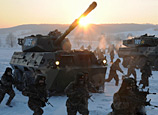
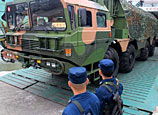

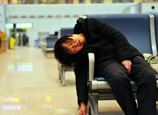
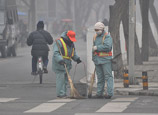



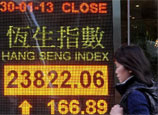







 Homecoming interrogations trouble young Chinese
Homecoming interrogations trouble young Chinese


![]()
